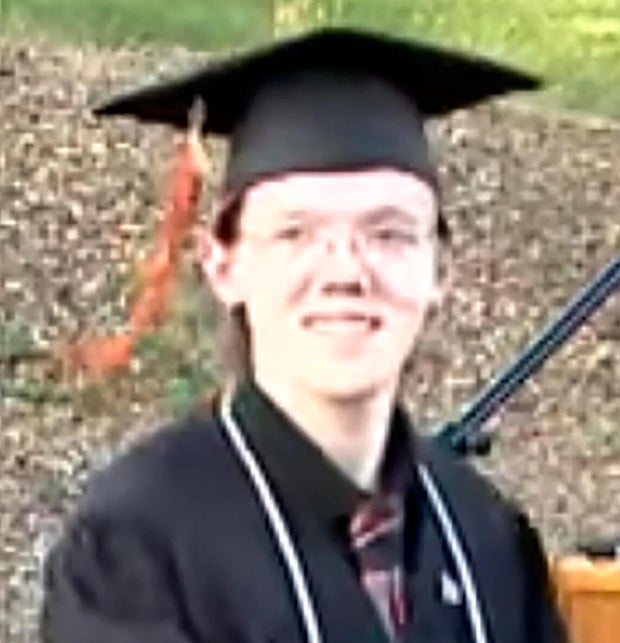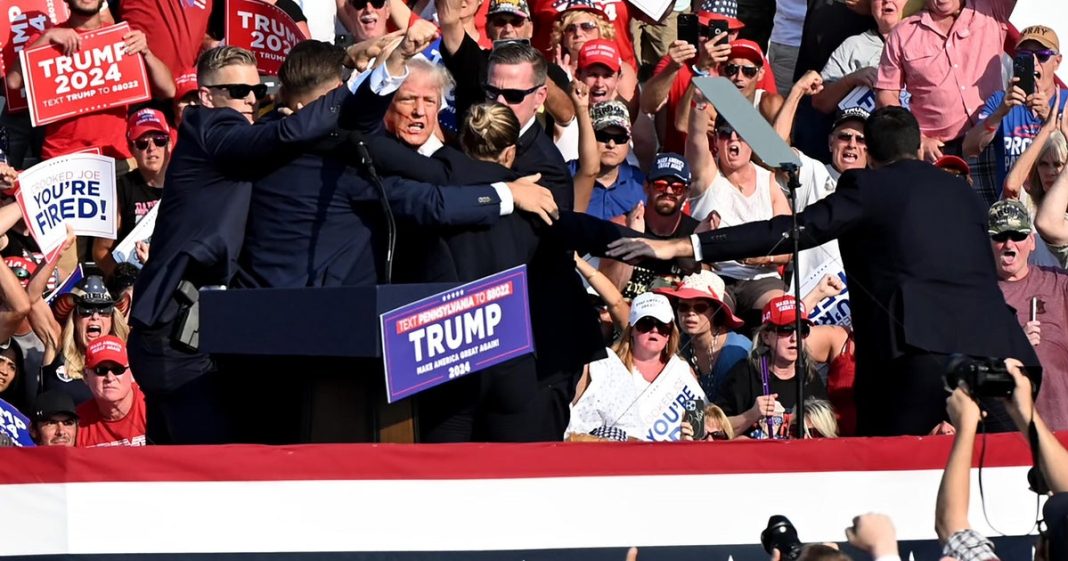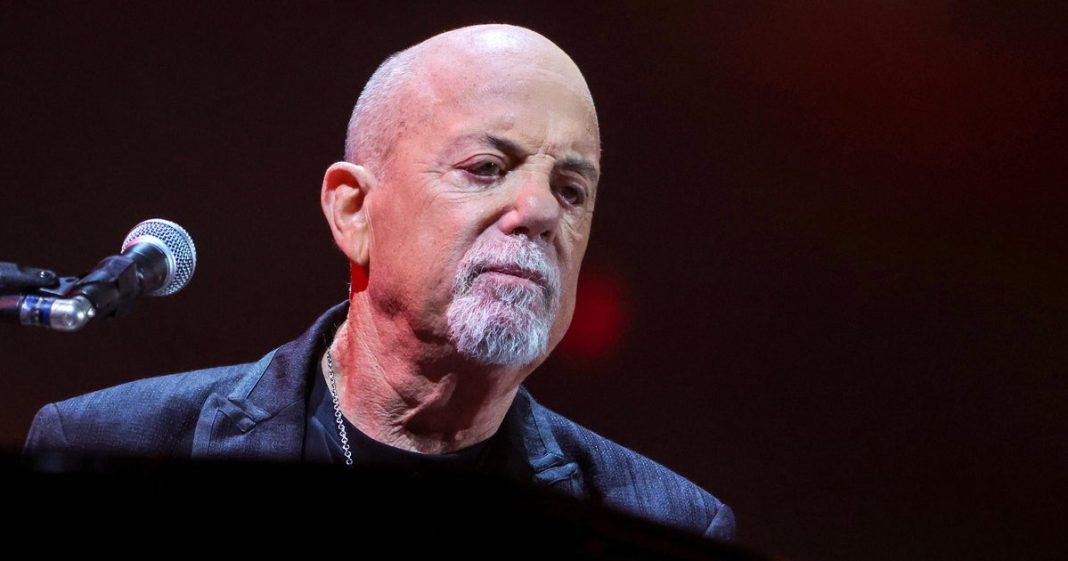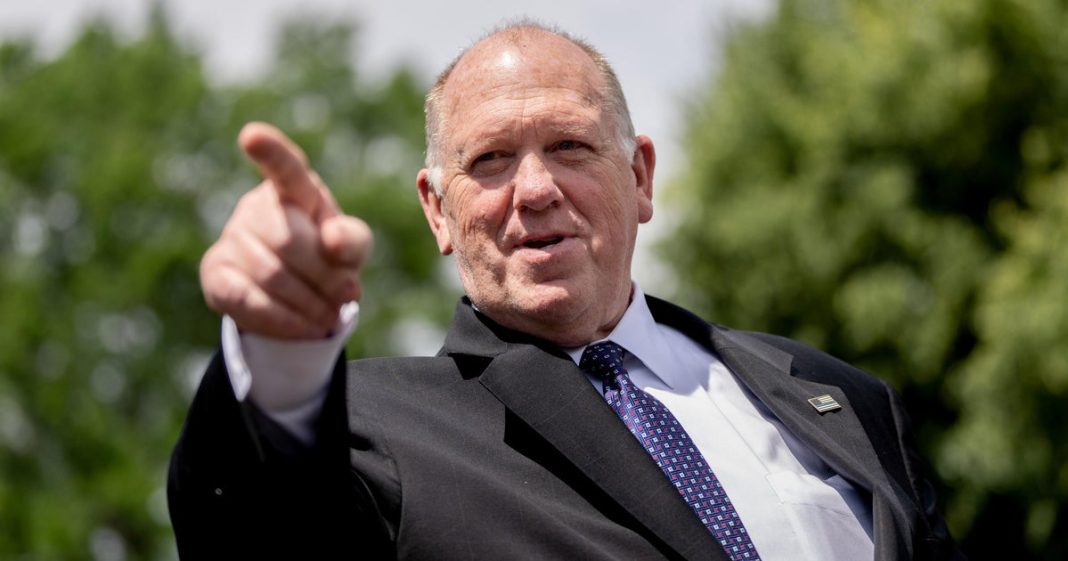

Thomas Matthew Crooks had a lot on his mind in January 2024.
The 20-year-old who, six months later, would open fire at President Trump at a Pennsylvania campaign rally — striking his ear and killing an audience member — was busy polishing his applications to transfer from community college to a four-year engineering program.
Crooks was gathering transcripts and asking friends to review his personal statement.
He was also designing a bomb.
He ordered more than two gallons of nitromethane from an online speciality fuel retailer using an encrypted email account, documents obtained by CBS News show. Twelve days later Crooks’ purchase hadn’t shipped and he wanted to know why.
“Hello, my name is Thomas. I placed an order on your website on January 19. I have not received any updates of the order shipping out yet and I was wondering if you still have it and when I can expect it to come,” Crooks emailed the retailer, Hyperfuels, at 7:44 a.m. on Jan. 31, 2024.
Crooks used his community college email account to inquire about shipping, one of the few operational missteps that has allowed for a rare look into the dark side of this ambitious young student.
Two weeks after the nitromethane email, on Feb. 13, 2024, Crooks’ focus returned to his academic future, planning a video call he labeled, “Proofread my Pitt personal essay with friends prior to class.”
A student who went “above and beyond”
Very little is known about how or why Thomas Crooks set out to shoot then-presidential candidate Donald Trump. Now, emails, essays and other documents reviewed by CBS News are offering a fresh glimpse into the mind of a young man who was simultaneously planning two irreconcilable futures. In one, Crooks continues his engineering studies, for which he was lauded by professors for his work ethic, progress and class contributions. In the other, he hurtles toward an act that he must have known would end in either prison or — as it did on July 13, 2024 — his death.
He was a meticulous and motivated student, attending community college after scoring 1530 on the SATs, records show. He told an adviser he was starting at the school to save money before transferring.
In the hundreds of college emails obtained by CBS News, Crooks rarely veers into personal territory, with a few exceptions. When an upcoming assignment required the presence of five adults, he asked the professor if it would be OK if he only brought two or three. Crooks said that other than his sister and parents, he did “not have access to any other adults.”
Crooks wrote a passage for school on why his favorite season is fall on Jan. 30, the day before he contacted Hyperfuels. The passage, penned in various colors, mused on his love for football and his two favorite holidays, Halloween and Thanksgiving. He waxed poetic about the fall weather and asked, “who doesn’t love the changing color of the leaves?”
Crooks took his classwork seriously, routinely contacting professors to protest if he wasn’t satisfied with his grades. After taking a math exam in which he errantly mislabeled a variable, Crooks asked if he could get the point back. The teacher agreed to give him 75% credit for the question.
“Sounds good,” Crooks replied. “That should be enough to get me an A.”
Crooks did A-level work in most of his courses, according to his transcript. Emails show professors were often impressed by his dedication.
“Thanks again for your contribution to the class this term — wouldn’t’ve been the same without you!” wrote an English professor in December 2022.
One project in particular wowed professors in the engineering department. Crooks, whose mother is visually impaired, designed and 3D-printed a unique chessboard. The prototype included Braille labeling along the rows and columns, and alternating “raised squares with peg-holes to prevent the pieces from being knocked over,” as Crooks described it.
Former engineering professor Todd Landree recalls the small department’s staff marveling at the project.
“It was above and beyond what anybody expected,” Landree said.
Patricia Thompson, who taught the class, said she still thinks about Crooks’ project. She also described it as “above and beyond” expectations.
“It’s sad that he had so much promise and he chose to do this. It’s just very difficult to understand where it came from,” Thompson said.
A skeptic of government’s “lofty promises”
Crooks was focused on engineering and computing while at the community college, but a handful of written assignments show hints of a deep skepticism of the federal government and corporations.
A prompt asking students to consider whether engineers involved in NASA’s 1986 Challenger disaster acted ethically yielded a skeptical reply.
Crooks blamed NASA’s administrators, who in pushing for the ill-fated launch “were trying to live up to the lofty promises they made to Congress which they were never going to be able to fulfill,” he wrote.
For a 2022 English assignment, Crooks wrote about George Orwell’s essay, “Shooting an Elephant.” Crooks called the essay “a powerful allegory warning against adopting imperialistic policies.”
“The writing maintains its significance as the themes in it apply to every form of tyrannical government many of which still exist today, and continue to send young men, much like Orwell, to carry out the ‘dirty work of Empire,’ Crooks wrote.
Crooks wrote about Mr. Trump at least once.
The essay was called “Why Nuclear Energy is the Key to a Cleaner Future,” and Crooks briefly touched on the proliferation of nuclear weapons, criticizing a decision Mr. Trump made during his first term.
“To prevent hostile nations from acquiring nuclear technology, America and its allies can stop sales of the technology to those nations and can enter into mutually beneficial agreements like the Iran deal, which effectively halted that nations (sic) nuclear program until President Trump withdrew from it,” Crooks wrote.
His writing also, at least once, focused in part on then-President Biden.
Crooks reviewed a 2021 opinion column that ran in The Washington Post, concluding that it persuasively argued against Mr. Biden’s support for tuition-free community college.
“Liberals also tend to be in favor of free community college and, in fact, free college in general,” Crooks wrote. “So it is very interesting to see an author try to convince the other side using their pre-exisiting (sic) political concerns rather than trying to impress their own on to them”
While Crooks showed an advanced ability to reason and persuade, he often struggled with spelling and grammar errors. Several essays and work assignments were returned to him asking him to make corrections to his work.
A grand jury with a dead suspect
The nitromethane purchase invoice lists a separate email account from a Belgium-based service that offers end-to-end encryption. FBI Pittsburgh Special Agent in Charge Kevin Rojek told reporters in August that Crooks had researched “nitromethane, and other materials consistent with the manufacturing of explosive devices.” Rojek indicated agents accessed multiple overseas-based encrypted email accounts used by Crooks, who did not use explosives during his attack.
A Hyperfuels employee, asked about Crooks’ purchase last year, said the company was “aware of the whole situation.” The company’s president did not respond to phone or text messages.
Crooks’ transcript and certain other academic records were first made public by America First Legal, a nonprofit founded by Stephen Miller, a longtime aide to Mr. Trump who is now White House deputy chief of staff.
Pennsylvania lawyer Wally Zimolong pursued the records on America First Legal’s behalf, winning an open records fight that paved the way for their release last year. Among his discoveries was the little-known federal grand jury that subpoenaed the community college and received Crooks’ emails and essays. Zimolong provided CBS News with records related to the grand jury’s subpoena and Crooks’ transcripts.
A letter from a Justice Department official to the college on July 24, 2024, confirmed the subpoena related to “an active FBI criminal investigation.”
Federal grand juries are typically empaneled to determine probable cause to indict a person for a crime, but Crooks — the only known suspect — had been dead for 11 days at that point.
“I think it raises a lot of important questions. Were they investigating anyone else? Are they still investigating?” Zimolong asked. He said it adds to the mystery surrounding the young man who seemed determined to continue with college until the day he climbed onto the roof of a building in Butler, Pennsylvania, and began firing.
“A year later we still don’t know enough,” Zimolong said.
Source link





